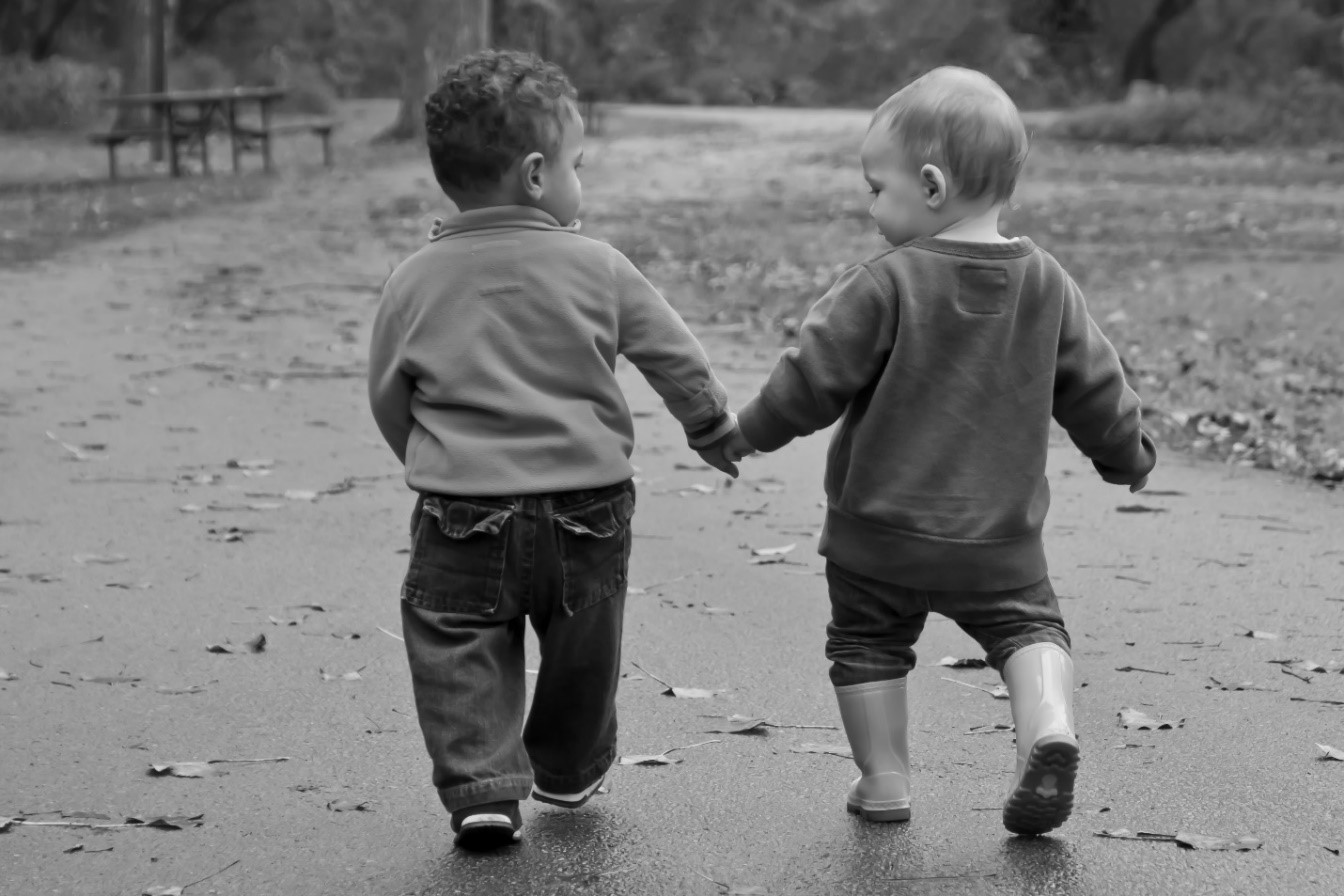Chapter 6. Learning
Much of the content of this Chapter came from two OERs:
Psychology 2-e Openstax.org
Introduction to Psychology (2010). University of Minnesota Libraries Publishing. http://open.lib.umn.edu/intropsyc/
Jill Grose-Fifer edited the text (2023)

Childhood and adolescence are significant periods for learning and development. However, we continue to learn throughout our lives. We absorb new facts about the world by reading, watching the news, or listening to a podcast. Our friends and family often teach us new skills when we play games or sports, or when we dance or cook together. We frequently learn about new foods and customs when we travel or meet someone from a different part of the world or a different culture to our own. We discover new routes as we navigate our neighborhoods. We learn to avoid foods that make us sick, and to steer clear of dangerous situations. Importantly, we learn to make changes to our lives in response to the demands we face. Without learning, our lives would be dangerous and inefficient. But, how exactly do we learn? This chapter will introduce you to some basic concepts about learning, with an emphasis on behavioral studies by some of the first Western psychologists.
Learning Objectives:
- Define learning
- Explain how learned behaviors are different from reflexes
- Compare and contrast across three basic forms of learning—classical conditioning, operant conditioning, and observational learning
- Explain how classical conditioning occurs
- Summarize the processes of acquisition, extinction, spontaneous recovery, generalization, and discrimination
- Explain the importance of classical conditioning in learning to avoid dangerous situations or foods that make us sick
- Define operant conditioning
- Explain the difference between reinforcement and punishment
- Distinguish between the different types of reinforcement schedules and their efficacy
- Describe latent learning and how it is different from operant conditioning
- Define observational learning
- Discuss the steps in the modeling process
- Explain the prosocial and antisocial effects of observational learning
- Reflect on cultural differences across basic types of learning
